I would like to implement the DPLL algorithm above in Haskell. But the problem is I don't know how to get multiple if statements to run. So I was thinking, you can pattern match for the first 2 if statements. But you can't do it for the third and fourth? Because both of them must run and the return statement must run too.
How do I make multiple if statements like the above in Haskell? Also I'm quite new to Haskell so I won't be able to do anything 'complicated'.
